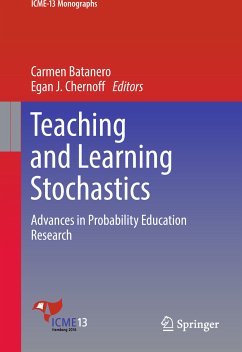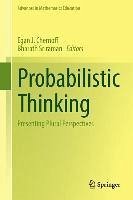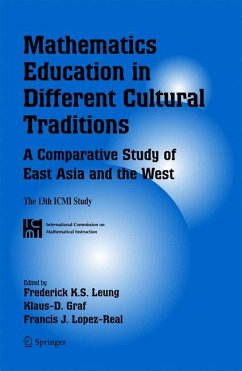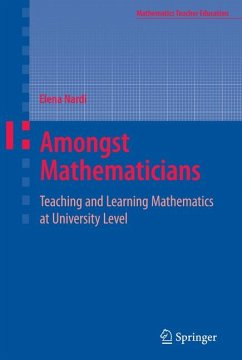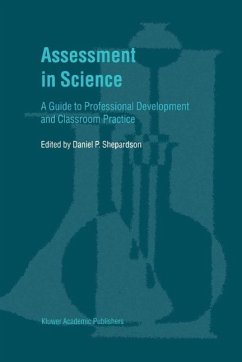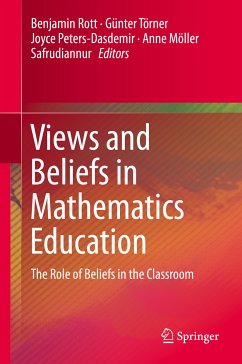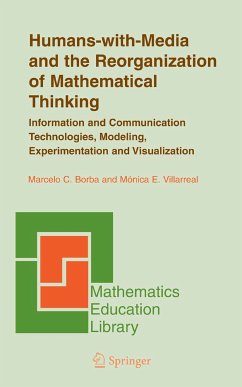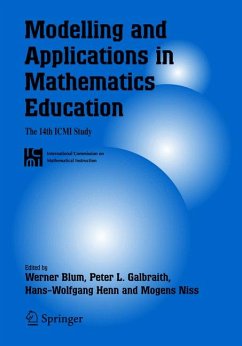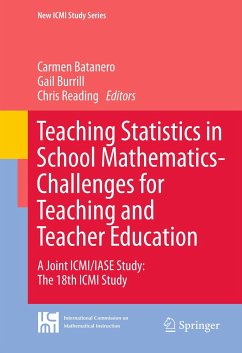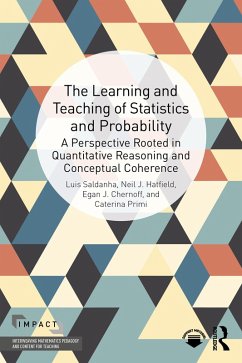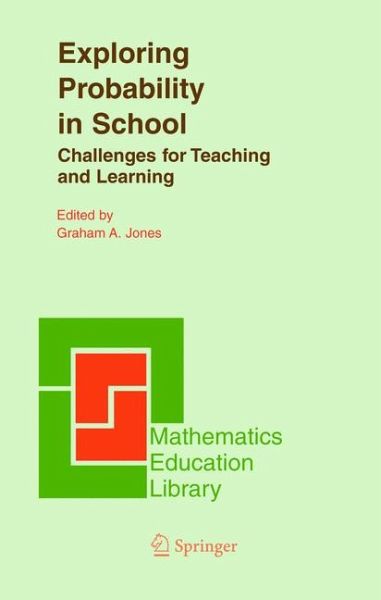
Exploring Probability in School (eBook, PDF)
Challenges for Teaching and Learning
Redaktion: Jones, Graham A.
Versandkostenfrei!
Sofort per Download lieferbar
80,95 €
inkl. MwSt.
Weitere Ausgaben:

PAYBACK Punkte
40 °P sammeln!
Exploring Probability in School provides a new perspective into research on the teaching and learning of probability. It creates this perspective by recognizing and analysing the special challenges faced by teachers and learners in contemporary classrooms where probability has recently become a mainstream part of the curriculum from early childhood through high school. The authors of the book discuss the nature of probability, look at the meaning of probabilistic literacy, and examine student access to powerful ideas in probability during the elementary, middle, and high school years. Moreover...
Exploring Probability in School provides a new perspective into research on the teaching and learning of probability. It creates this perspective by recognizing and analysing the special challenges faced by teachers and learners in contemporary classrooms where probability has recently become a mainstream part of the curriculum from early childhood through high school. The authors of the book discuss the nature of probability, look at the meaning of probabilistic literacy, and examine student access to powerful ideas in probability during the elementary, middle, and high school years. Moreover, they assemble and analyse research-based pedagogical knowledge for teachers that can enhance the learning of probability throughout these school years.
With the book's rich application of probability research to classroom practice, it will not only be essential reading for researchers and graduate students involved in probability education; it will also capture the interest of educational policy makers, curriculum personnel, teacher educators, and teachers.
With the book's rich application of probability research to classroom practice, it will not only be essential reading for researchers and graduate students involved in probability education; it will also capture the interest of educational policy makers, curriculum personnel, teacher educators, and teachers.
Dieser Download kann aus rechtlichen Gründen nur mit Rechnungsadresse in A, B, BG, CY, CZ, D, DK, EW, E, FIN, F, GR, HR, H, IRL, I, LT, L, LR, M, NL, PL, P, R, S, SLO, SK ausgeliefert werden.




